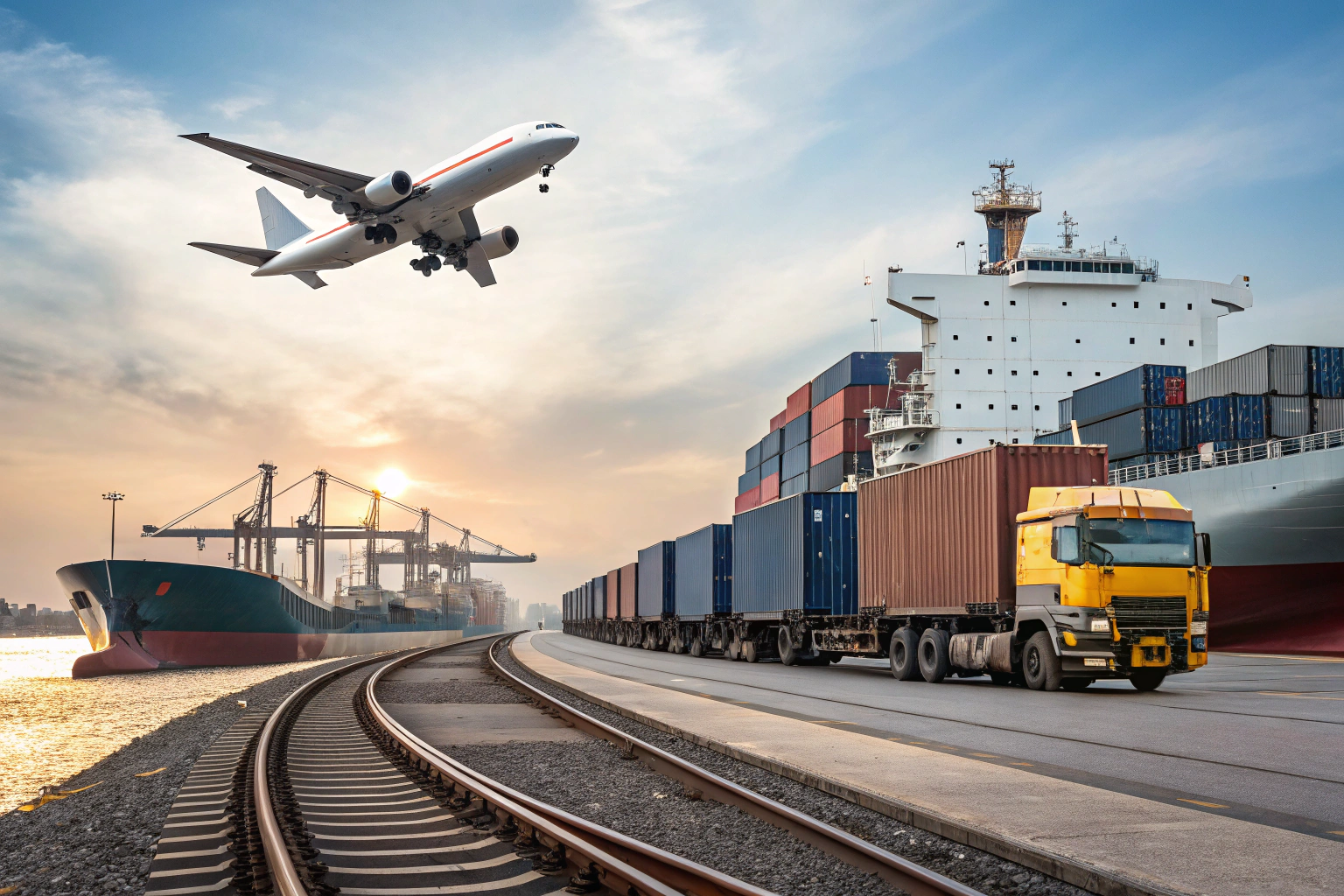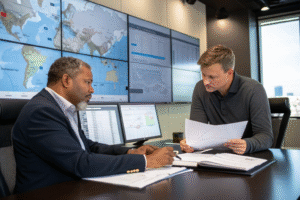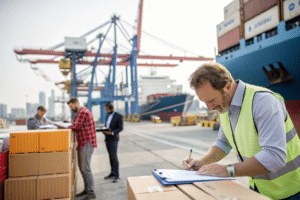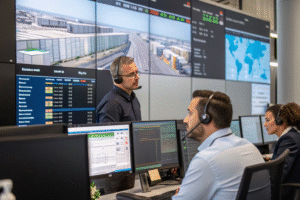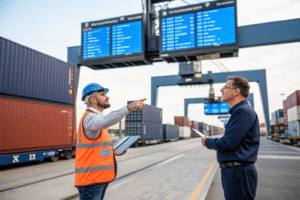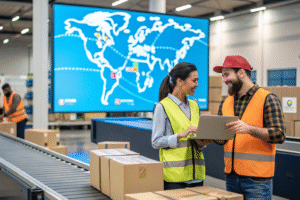Many importers face the same challenge. They must move large shipments from China but worry about safety and timing. Mistakes in bulk shipping can cause delays, damage, or financial loss.
The safe way to ship large volumes is to plan well, choose the right transport, prepare documents correctly, and work with reliable partners.
I have managed full containers and bulk cargo for many clients. The lessons are clear. Let’s review the steps that keep cargo safe.
Which Shipping Method Works Best for Bulk Orders?
The shipping method depends on the product, budget, and timeline.
Sea freight is the main choice for bulk. Air and rail are useful in special cases.
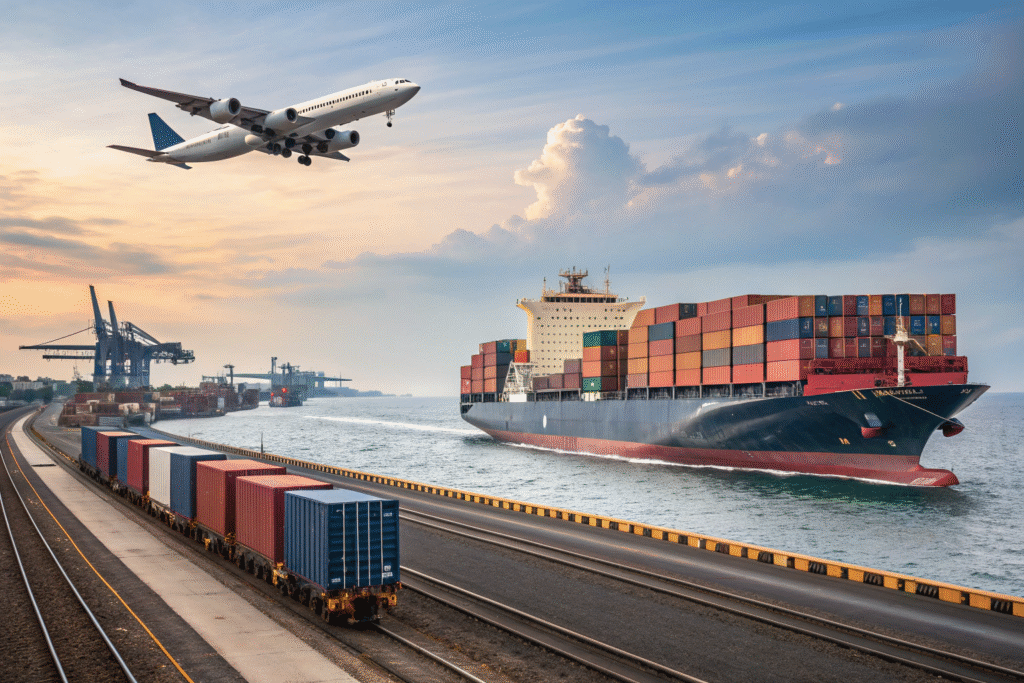
Why Is Sea Freight Popular for Large Quantities?
Sea freight gives the lowest cost per unit. Full Container Load (FCL) protects goods from mixing with others. The World Shipping Council explains how container shipping supports global trade.
Can Air or Rail Work for Large Shipments?
Yes, but only in certain cases. Air freight is quick but costly. It works for urgent or high-value products. Rail is cheaper than air and faster than sea for Europe. RailFreight.com covers this growing option.
How Do You Keep Cargo Safe During Transport?
Safety begins before the cargo leaves the factory.
Good packing, sealed containers, and cargo insurance protect shipments from risk.
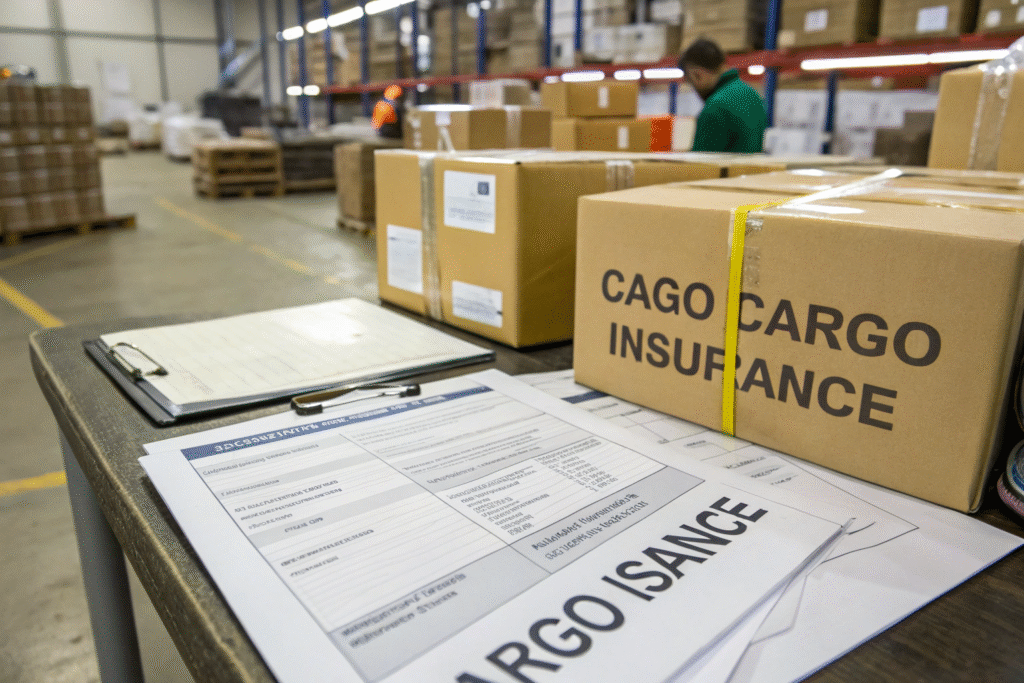
Why Is Packing So Important?
Strong packaging prevents damage from handling or weather. Cartons, pallets, and moisture barriers are essential. International Trade Administration gives packing guidelines for exporters.
Should You Get Cargo Insurance?
Yes. Insurance covers accidents, theft, or natural events. It is small compared to the value of bulk cargo. The Institute Cargo Clauses explain standard insurance rules.
How Can Customs Clearance Affect Large Shipments?
Customs clearance is a major factor in bulk shipping.
Errors in paperwork cause delays and costs. Correct HS codes, invoices, and certificates are critical.
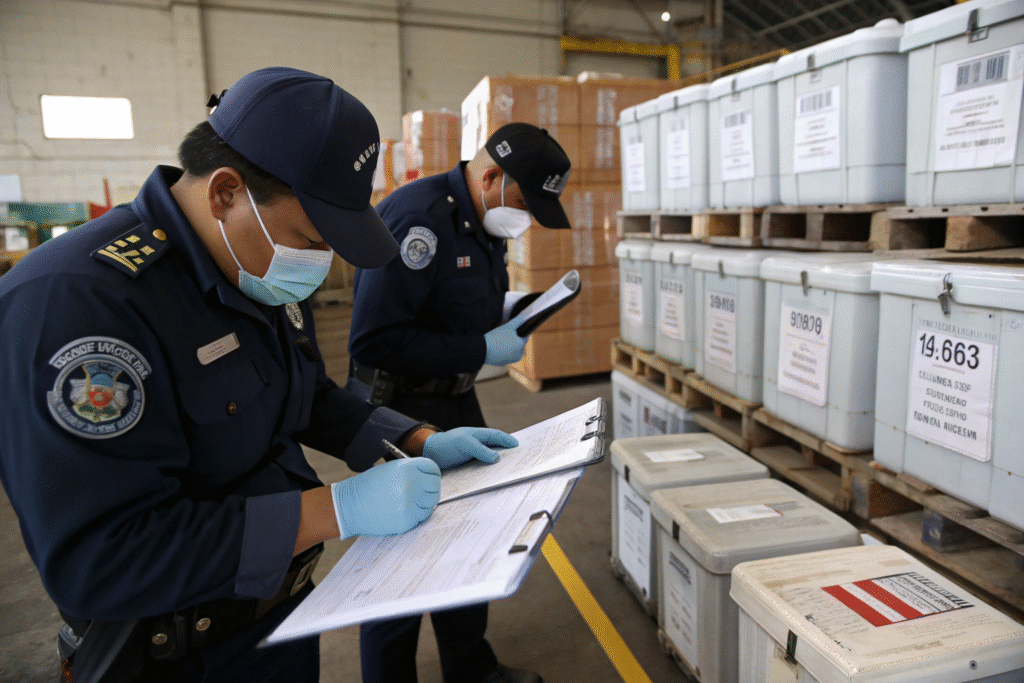
What Documents Are Essential?
You need a bill of lading, packing list, invoice, and correct HS codes. Missing items can stop clearance. U.S. Customs and Border Protection lists the required documents.
How Do Duties and Tariffs Impact Shipments?
Large shipments often face high duties. Importers must calculate tariffs before shipping. The World Customs Organization explains how tariffs apply to goods.
Why Do Reliable Logistics Partners Matter?
Bulk shipping is complex. Importers need expert support.
Freight forwarders arrange transport, check documents, and guide shipments through customs.
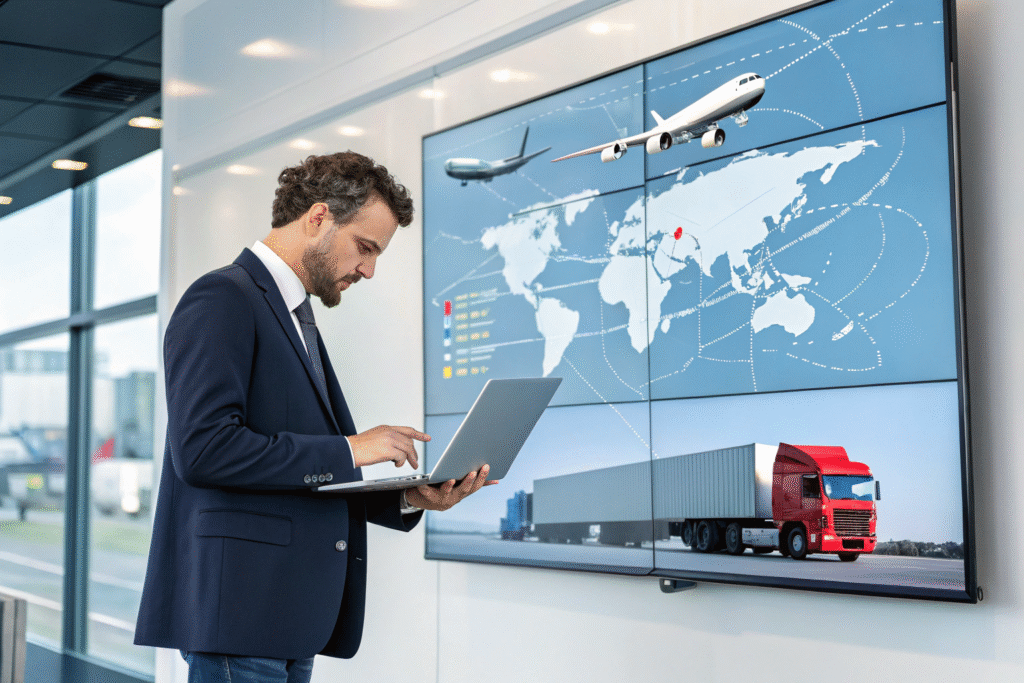
How Can Freight Forwarders Help?
Forwarders negotiate rates, choose routes, and monitor cargo. They also manage consolidation, warehousing, and final delivery. Flexport shows how digital tools improve this process.
Why Should You Build Long-Term Partnerships?
A trusted partner learns your business. Future shipments become faster and smoother. Trade.gov stresses the value of long-term trade relationships.
Conclusion
Shipping large volumes from China requires planning and care. Sea freight is the best option for most bulk orders. Air and rail work for urgent or regional needs. Packing, insurance, and correct paperwork reduce risks.
The final step is choosing a reliable logistics partner. A skilled forwarder protects cargo, saves costs, and keeps shipments on schedule. For growing businesses, safe bulk shipping is not just about transport—it is about protecting profit and growth.
